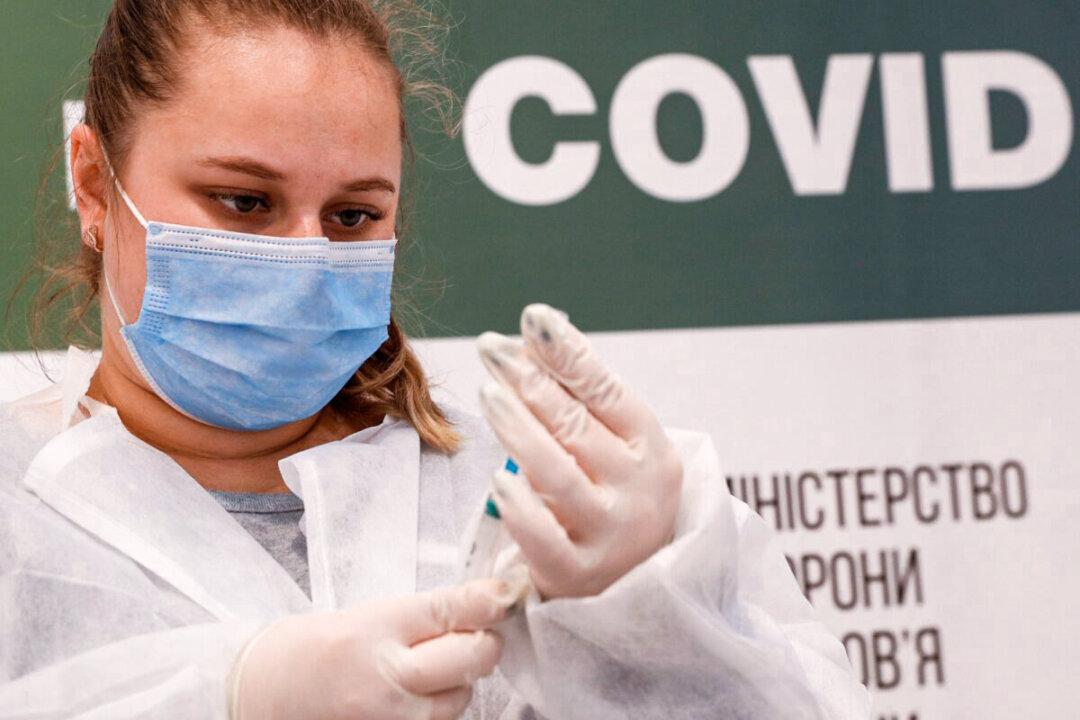New research released by the Centers for Disease Control and Prevention (CDC) shows that individuals who were previously infected with COVID-19 or who got the vaccine have a low risk of being re-infected for at least six months.
Citing peer-reviewed and preprint data, the agency said the available evidence suggests “fully vaccinated individuals and those previously infected with SARS-CoV-2 each have a low risk of subsequent infection for at least 6 months,” referring to another name for the CCP (Chinese Communist Party) virus that causes COVID-19.





